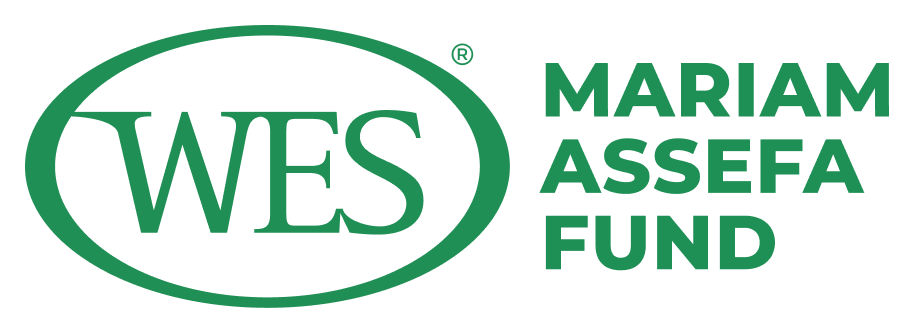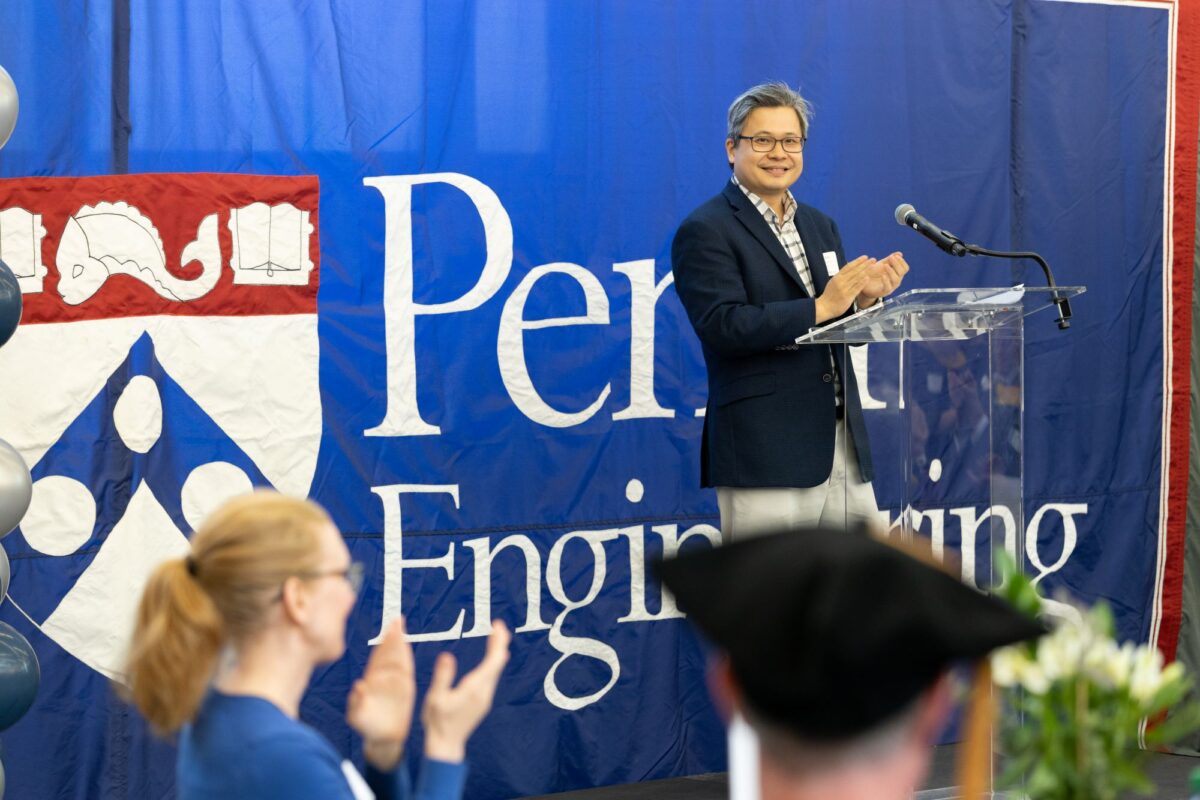
Technical.ly’s immigration reporting is generously supported by the WES Mariam Assefa Fund. This article was not reviewed before publication.
Boon Thau Loo considers himself first and foremost an educator and a scientist — then, a startup founder, too.
While education is Loo’s main passion, he is also an experienced entrepreneur, founding two tech startups over the last 10 years. Cherry Hill-based Loo, a senior associate dean at the University of Pennsylvania’s School of Engineering and Applied Science, has worked at Penn for over 15 years.
But while working his way from junior faculty to his current role overseeing some of the school’s graduate programs, he founded Gencore Systems in 2013. He spun it out of Penn’s computer science department where Loo and his students were developing computer software. The company rebranded to Netsil in 2015, and California-based cloud computing company Nutanix acquired it in 2018.
Still, he wasn’t done bringing his ideas to life yet. Loo founded his second company Termaxia in 2016 with one of his doctorate students. The company sold big data storage and was acquired by Myanmar-based internet service provider Frontiir in 2020.
In all of his roles, Loo’s main focus is to help people. From professional development for his students to launching his tech for use by the general public, he said that he feels he’s accomplished that goal.
In this edition of Technical.ly’s How I Got Here series, Loo discusses how he connects academia and entrepreneurship.
This Q&A has been edited for length and clarity.
How did you first become interested in computer science?
My late mom really gave me the start. I’m very, very thankful to her for that. She read the news one day, and she learned about this thing called a computer. She took out a big chunk of her savings and she bought me my first computer [when I was growing up in Singapore].
I wasn’t that interested in playing games, but I was interested in reverse engineering how those games work. So I spent a lot of time teaching myself how to code. In those days, computer science wasn’t really a mainstream subject. But I became good enough that I represented Singapore in programming competitions.
I’ve always been an engineer at heart. I love to know how things work. I’ve always been good at math and physics.
What inspired you to launch a startup?
I was having an impact through education, through teaching. But if you hope that somebody out there will read your publications and maybe turn that into a product, then that’s a really long shot.
For me, it was a lot of passion to take some of the research I’ve done and transition it to the real world.
For me, it was a lot of passion to take some of the research I’ve done and transition it to the real world.
In that period of time, not only did I gain a better position on how technology can impact businesses, but also learned a lot about the latest technology.
I learned a lot through the process on how to take technology to find product market fit, and having a great understanding of how fundamental research done at the university can be translated into value propositions for companies.
How does your experience as a founder influence your role as an educator?
I encourage developing classes that have a strong practical component that can help students find jobs.
As associate dean, I get to influence the curriculum and also different master’s programs that we develop. I also actively encourage doctoral students who have entrepreneurial inclinations to take their research out of the lab to transition into companies.
I saw how technology can really change people’s lives, but to deploy the technology, you need to lower the barrier and make it easier for people to learn about computer science, data science and AI so that they can then go on to create impact within their societies and within their families and all over the world.
What keeps you coming back to teaching?
I view the companies that I created, not necessarily through the lens of an entrepreneur per se, but more as an extension of my faculty job at Penn Engineering.
As a faculty member, we do research with a five to 10-year horizon, but we also want to make sure the technology sees daylight and eventually becomes something practical, economically viable and useful.
The most satisfying piece is to see the students grow. That development of students to see them grow into technology leaders, even though that wasn’t one of my intended goals when I started in 2012, turned out to be truly satisfying.
Do you have any advice for people thinking about starting a company?
The first is surrounding yourself with good people who work well as a team and also to grow the people around you. A lot of students, a lot of staff work with me, and what’s always on my mind is not only the work that they do, but how can I grow them professionally, so they can go on to the next stage of their career.
Learn to be a trailblazer, don’t just follow the crowd. When I started Gencore, it was one of the first computer science spin-offs from Penn Engineering.
Trust your gut, and also have the conviction to follow through on what you believe and what you are passionate about.
Sarah Huffman is a 2022-2024 corps member for Report for America, an initiative of The Groundtruth Project that pairs young journalists with local newsrooms. This position is supported by the Lenfest Institute for Journalism.Before you go...
Please consider supporting Technical.ly to keep our independent journalism strong. Unlike most business-focused media outlets, we don’t have a paywall. Instead, we count on your personal and organizational support.
Join our growing Slack community
Join 5,000 tech professionals and entrepreneurs in our community Slack today!

Entrepreneurship is changing, and so is the economic development behind it

Tech Hubs’ new $210M funding leaves Baltimore and Philly off the table

Here’s what to know before using AI to craft your brand’s social media posts



